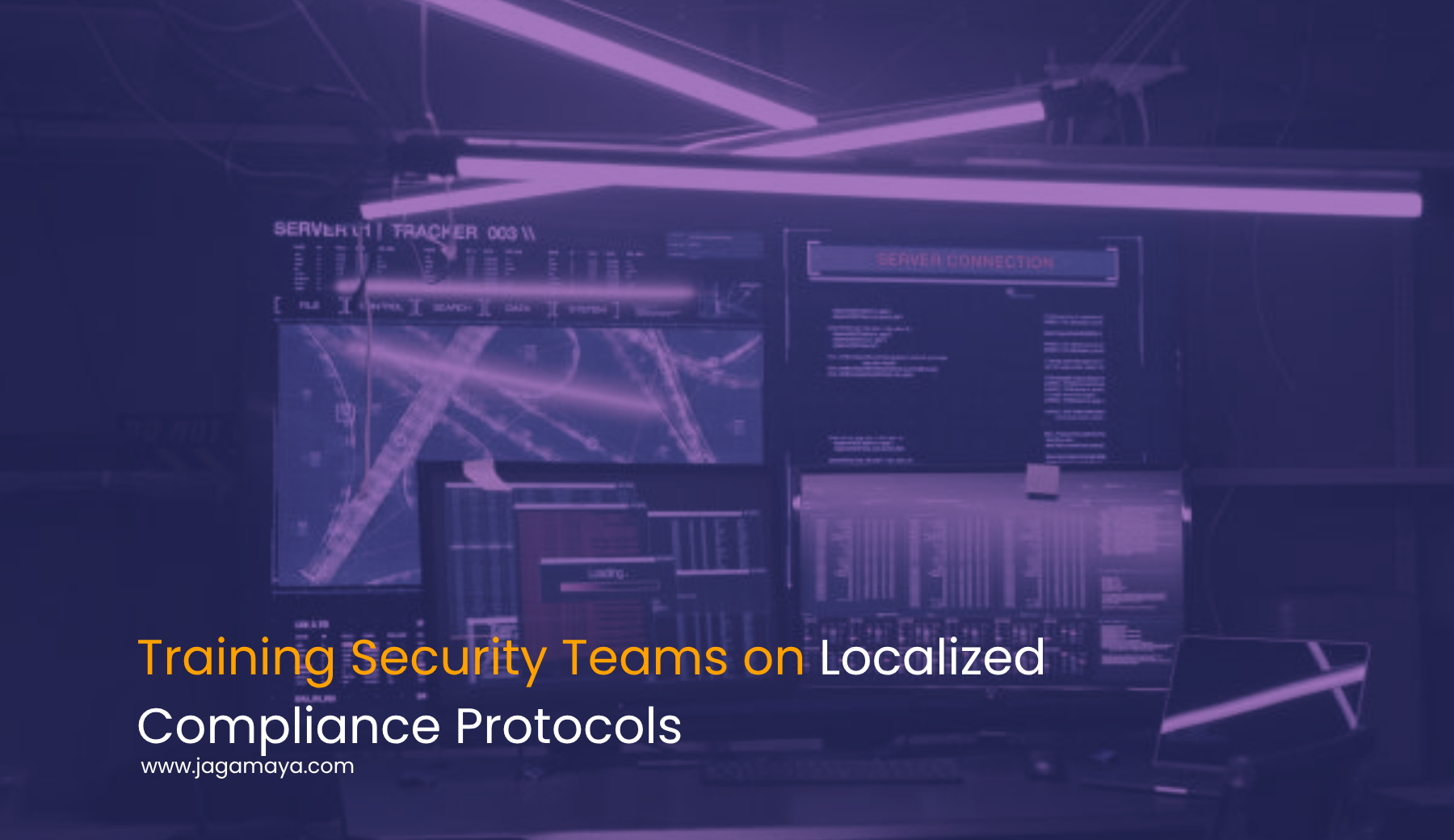As data localization and sovereignty regulations become widespread, equipping security teams with localized compliance knowledge is critical. Proper training bridges legal requirements with effective security practices—fortifying defenses and minimizing regulatory risk.
1. The Challenge: A Fragmented Regulatory Environment in ASEAN 🌏
Southeast Asia’s regulatory landscape is highly varied. While Singapore, Malaysia, and the Philippines have well-established data protection frameworks, countries like Indonesia, Thailand, and Vietnam are still evolving their enforcement mechanisms .
Security teams that lack clarity on these differing regulations can unwittingly expose organizations to non-compliance—creating vulnerabilities that go beyond technical security gaps.
2. Why Localization Matters in Security Training
Generic cybersecurity training often fails to address region-specific obligations such as:
- Data residency and storage rules (e.g., Indonesia’s PP 71/2019, Vietnam’s localization requirements)
- Breach notification timelines mandated by local legislation
- Consent-based handling of personal data, as with Singapore’s PDPA
Tailoring training to regional norms aligns staff actions with legal expectations—reducing risks of inadvertent violations aseanbriefing.comincountry.com.
3. Core Components of Localized Compliance Training
To build effective training programs, include:
a. Legal Education Modules
Explain local laws in clear terms: data types needing localization, breach protocols, employer obligations, and penalties for non-compliance .
b. Role-Based Scenarios
Security teams should train on role-specific protocols, such as log handling that keeps sensitive data within jurisdictional boundaries, secure cross-border cloud usage, and incident escalation in line with local timelines.
c. Cultural and Language Adaptation
Training should use regional language and culturally relevant examples, improving comprehension and engagement metacompliance.com.
d. Practical Tools and Policies
Introduce access control practices, encryption, retention policies, and documentation standards aligned with local laws, like Indonesia’s PDP and Vietnam’s data privacy regulations aciperspectives.com.
e. Ongoing Assessment and Refreshers
Regulations change fast—training programs should include regular refresher courses, legal updates, and compliance audits .
4. Strengthening Through Collaboration and Certification
Cross-Functional Cooperation: Legal, IT, and SOC teams must align on how policies translate to daily operations .
External Certification & Workshops: Participating in ASEAN-wide training—like those from UN APCICT or national academies—boosts knowledge and credibility .
Privacy by Design Culture: Promote awareness that compliance and cybersecurity are intertwined—not separate responsibilities.
✅ Conclusion: Compliance Is Cyber Defense
Localized compliance training empowers security teams to act confidently within regional legal frameworks—ensuring that SOC operations not only defend against threats but also uphold regulatory trust. In the age of data sovereignty, legally grounded security is truly resilient security.


Leave a Reply